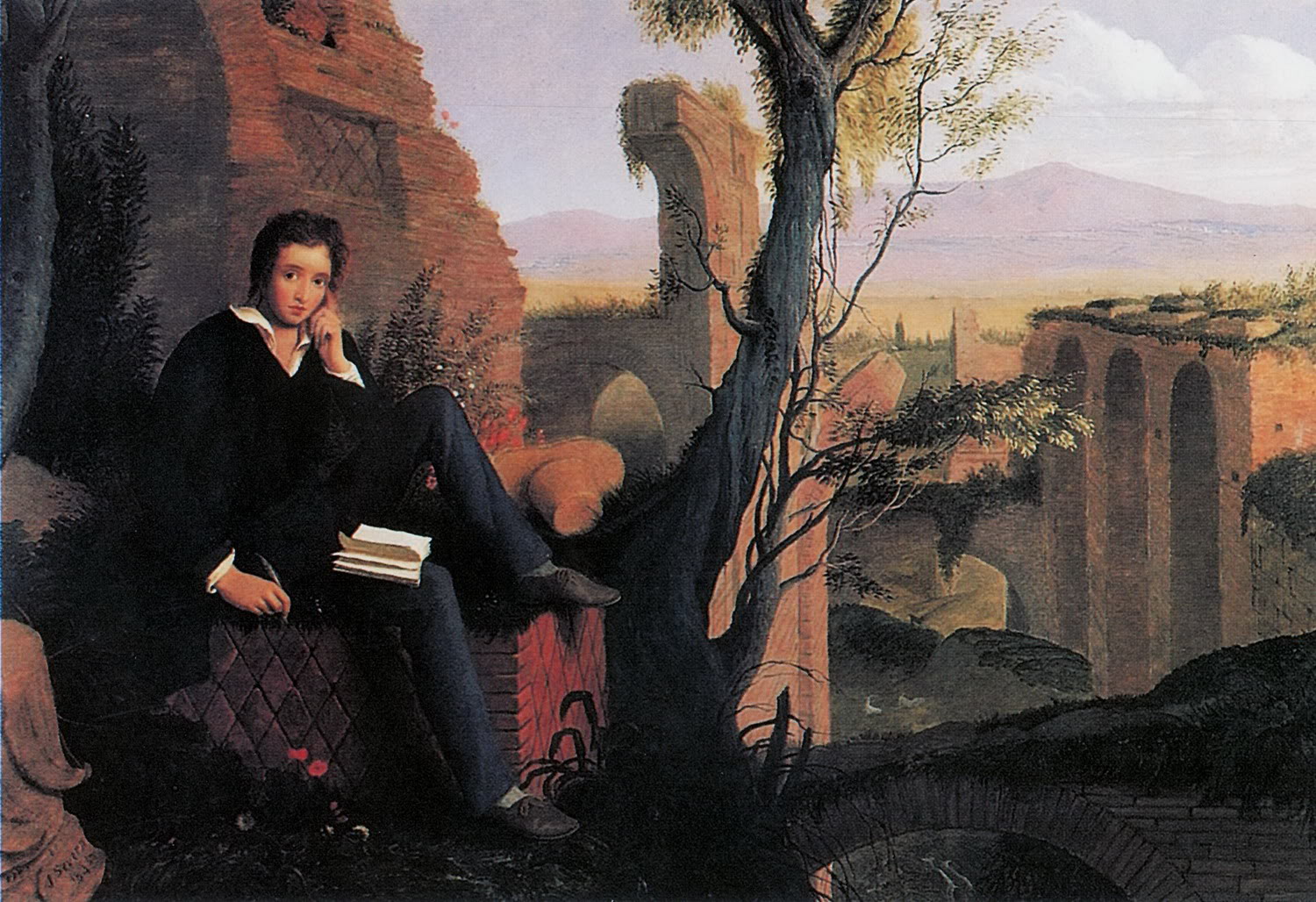
Intellectual property establishes a dominion over time in the way property does space. This is because concepts unfold in time in the sense that language is syntactical.
Modern science corporatizes intellectual property. Establishing an interdependent relation between power and knowledge, this is analogous to the interdependence between political power and wealth.
Concepts are a reflection of illumination, a consequence of the conditions for existence made up of electromagnetic gravitation in a void; the emergent property of consciousness in a system; or the complex order arising out of chaos, making up a whole composed of parts. This is precisely intelligence, the ordering, the structuring of a vast infinitude of data.
Ownership of intelligence implies an individualizing or atomization of intelligence which is specifically human insofar as the human being creates hierarchies out of its understanding.
The problem with this is existence or the world as an environment, gets excluded from the system of understanding that informs our understanding of the world. In other words in order to create a system out of something one must isolate a part from a whole, effectively complexifying that part into its own whole. For instance, in the structure of language that is a system of communication, this system effectively becomes a parallel or mirror reflection of the world it enframes by signifying. Signification itself is a mere reflection of a state of affairs; and explicitly not that state of affairs in-itself.
And yet, in being a snapshot of a state of affairs, it does manage to be an illumination of conceptual knowledge, knowledge being not intrinsically separated from the power that it mirrors, its absolute existence as energy; existing under the relative conditions that make it perceivable as matter, distinctly reflected through an apparatus which has evolved over time to be sensitive to light in specific ways that create perceptions.
Trying to “own” something as evanescent as this is the very definition of illusion. For to “own” it implies that it could be grasped once and for all, and preserved in a specific state. Which is not only impossible—for it is impossible to grasp one’s own reflection—but also betrays a deep delusion to think that the reflection has existence in-itself, in the same way that it is a delusion to think that language is precisely reality, or that these two things are necessarily separated by an absolute border.
That border is purely conceptual. And this is why knowledge cannot be “owned,” for it betrays the fact that this flows equally through everybody.
